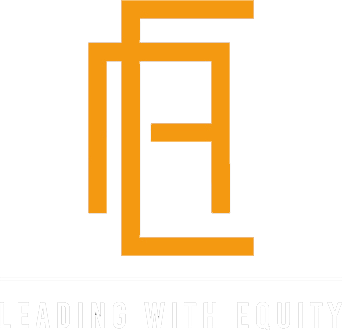In today’s socially conscious marketplace, consumers expect more from the brands they support. It’s not just about the quality of the product; it’s about the values that the brand embodies. Equity and diversity have emerged as powerful drivers of brand success, shaping not only how products are developed but also how they are perceived by consumers.
A Shifting Landscape of Brand Values
Traditionally, brand success was often measured solely by financial performance. While profitability remains a critical factor, it is no longer the sole indicator of a brand’s strength. Consumers today are more discerning, seeking brands that align with their personal values and beliefs.
Equity and diversity have become central components of these values. Brands that champion diversity and equity in their products send a powerful message of inclusivity and social responsibility. They resonate with a broad and diverse audience, enhancing brand loyalty and advocacy.
Inclusivity in Product Development
Creating inclusive products starts with a diverse team that reflects a range of perspectives, experiences, and backgrounds. When diverse teams collaborate on product development, they bring a wealth of insights that can lead to innovative and impactful solutions.
Inclusive product development means considering the needs of all potential users. It involves designing products that are accessible, usable, and meaningful to people of different abilities, ages, genders, and cultural backgrounds. This not only broadens the product’s appeal but also ensures that it serves a more comprehensive range of users.
Product Range that Reflects Diversity
Brands that prioritize equity and diversity often have product lines that reflect these values. They understand that one size does not fit all, and consumers appreciate having choices that cater to their unique needs and preferences.
For example, beauty brands that offer makeup shades to suit a wide range of skin tones, or fashion brands that celebrate diverse body types through their clothing lines, not only demonstrate inclusivity but also expand their customer base.
Authentic Messaging and Marketing
In addition to product development, how a brand communicates its values is crucial. Authenticity is key. Brands must genuinely commit to equity and diversity, both in their internal practices and external messaging. This means more than just changing product labels or marketing materials; it requires a sincere commitment to fostering diversity and inclusion throughout the organization.
Effective marketing strategies reflect this commitment. Brands should feature diverse representation in their advertisements and promotional materials. This representation should be genuine and authentic, avoiding tokenism. When consumers see themselves represented in a brand’s marketing, they are more likely to connect with and support that brand.
The Business Benefits of Equity and Diversity
Apart from the social and ethical considerations, there are concrete business benefits to embracing equity and diversity in product offerings and branding. Brands that genuinely prioritize diversity and equity tend to enjoy increased customer loyalty, enhanced reputation, and improved financial performance.
Moreover, diversity and equity efforts can lead to innovation and creativity within a company. Diverse teams often produce products and solutions that cater to a broader market, thereby increasing market share and profitability.
Conclusion
In conclusion, equity and diversity have become integral to brand success in today’s socially conscious marketplace. Brands that champion inclusivity in their product development and authentically communicate their commitment to diversity enjoy stronger customer loyalty and financial performance. As consumers continue to prioritize brands that share their values, equity and diversity will undoubtedly play an increasingly central role in shaping the brands of tomorrow. By embracing these principles, businesses can not only thrive but also contribute positively to a more inclusive and equitable society.

